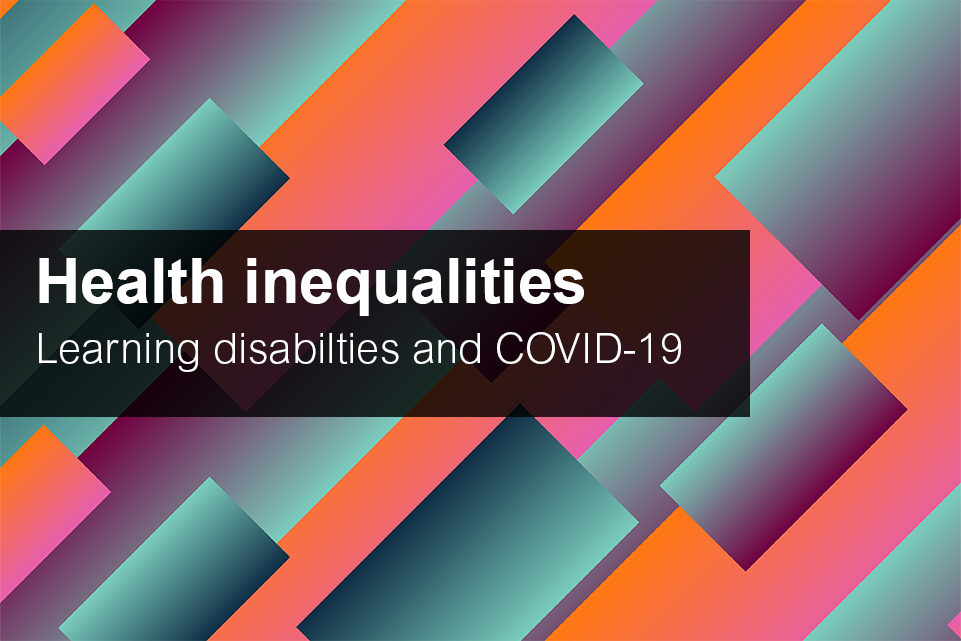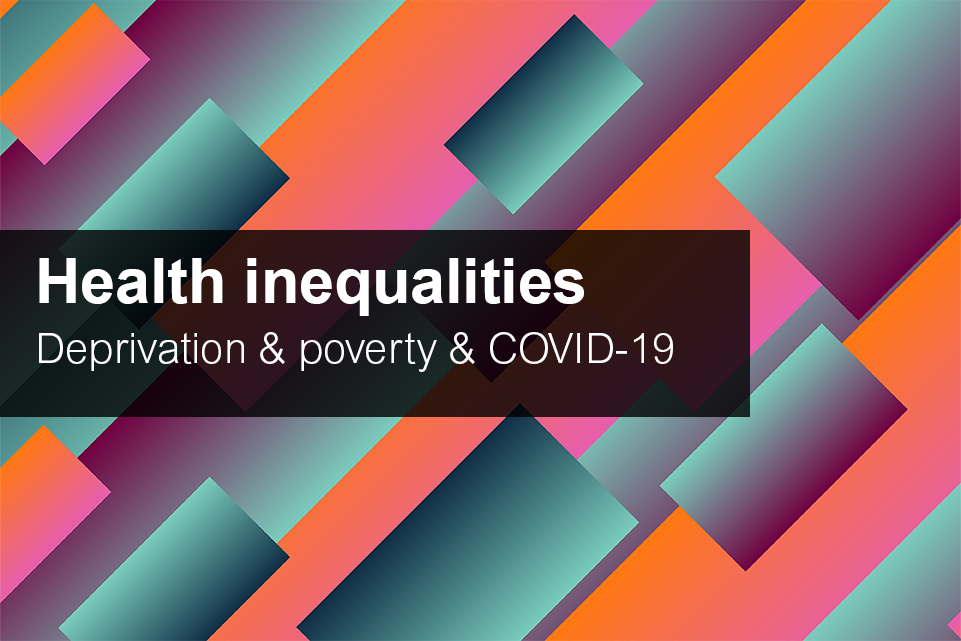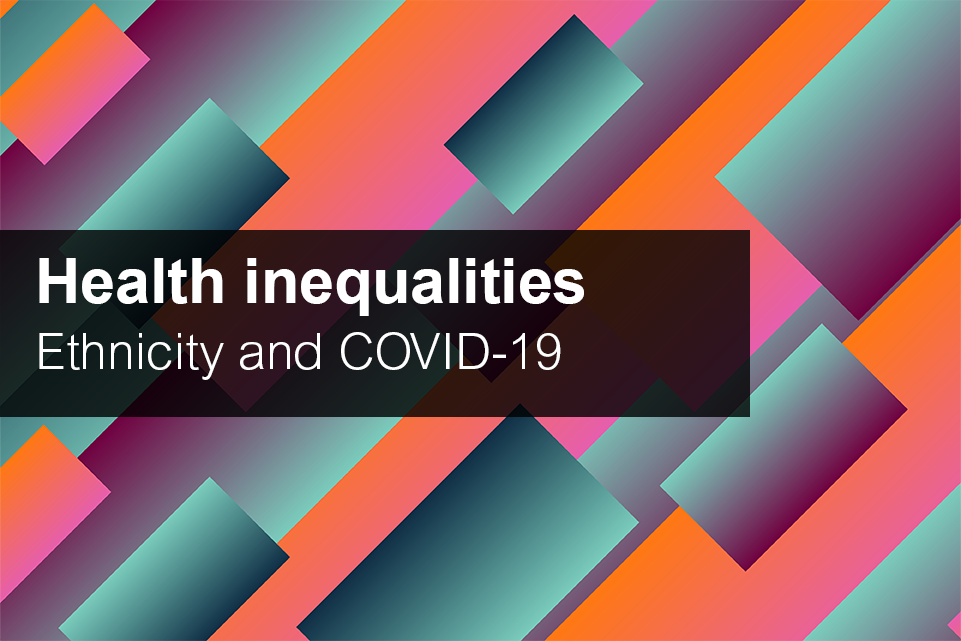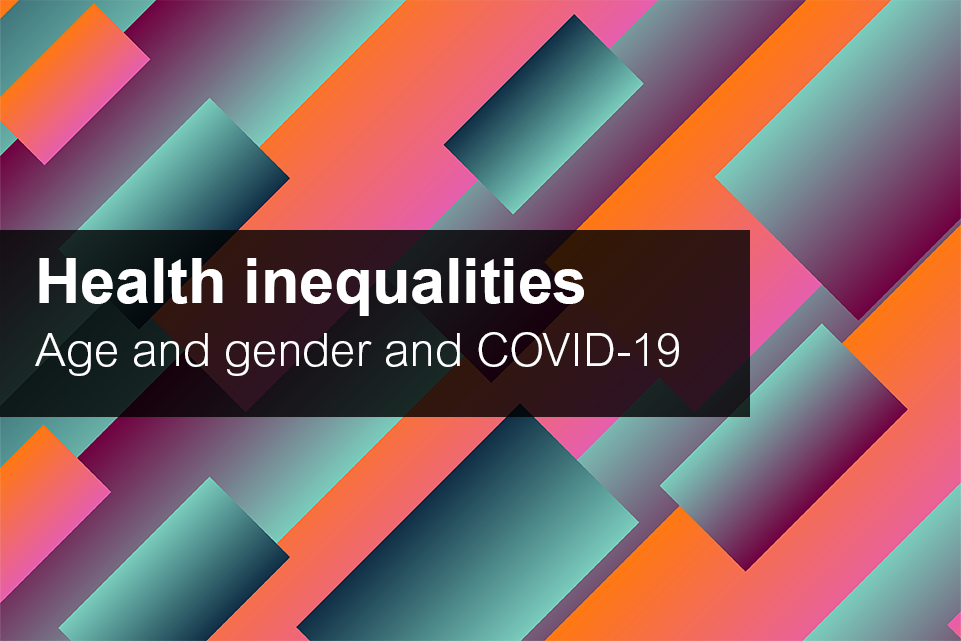Comments by Wendy Burn, outgoing president of the Royal College of Psychiatrists that a tsunami of mental health referrals will come flooding through the doors has only added to the sense of foreboding among providers of mental health services.
The Centre for Mental Health working with NHS colleagues has developed a COVID-19 Forecast Modelling Toolkit which predicts that up to 10 million people (almost 20 per cent of the population) will need either new or additional mental health support as a direct consequence of the crisis.
Of those, 1.5 million will be children and young people aged under 18.
Many local authorities are doing their own demand modelling to try and get a handle on the likely size of the problem.
Individuals who were experiencing poor mental health prior to the pandemic are thought to be most at risk of further deterioration, together with NHS workers, ICU patients and their families, those who have been bereaved and those affected by the socioeconomic downturn.
Those working in, or commissioning mental health services know that there will be immediate crisis care issues but for most it will be a rising tide of problems, taking care of the short, medium and long term, ranging from anxiety and depression to moral injury and post- traumatic stress disorder (PTSD).
The impact of bereavement, isolation, loss of employment and absence from school will take their toll and while people may appear to cope in the short term, problems may emerge over the longer term. Most immediately, there is a reported increase in eating disorders among young people and an increase in Obsessive Compulsive Disorder (OCD) more widely.
Those who have had COVID-19 and survived, may experience a wide range of mental poor health such as depression, anxiety and post-traumatic stress disorder. The effect of long COVID on people’s health seems to manifest in a huge variety of ways.
Many report breathlessness, fatigue, muscle pain and brain fog lasting for many months. Any reduction in physical health will also impact mental health."
Two recent UK studies, Physical, cognitive and mental health impacts of COVID-19 following hospitalisation – a multi-centre prospective cohort study by Evans et al and Long COVID in adults discharged from UK hospitals after COVID-19: A prospective, multicentre cohort study using the ISARIC WHO Clinical Characterisation Protocol by Sigfrid et al, and Long COVID in adults discharged from UK hospitals after Covid-19: A prospective, multicentre cohort study using the ISARIC WHO Clinical Characterisation Protocol by Sigfrid et al have indicated that middle-aged women experience the most severe, long-lasting symptoms after being treated in hospital for COVID-19.
The impact of the economy on employment will be a defining one on health inequalities and people’s mental health. Surveillance reports by Public Health England (PHE) have shown that loss of employment and income has the biggest impact on the mental health of working age adults.
Those that can retain some connection with the workplace and income, even if it is different to the job they had prior to the pandemic, are in a much stronger position.
The impact of COVID-19 on the hospitality sector has been well recorded, effecting businesses and jobs with a large rippling effect across those who supply that sector.
In IFS Deaton Review of Inequalities: A New Year’s message, the Institute for Fiscal Studies (IFS) reported, as have others, that the crisis has hit the self-employed and others in insecure and non-traditional forms of employment especially hard. Around 2 million people are not covered by the self-employment income support scheme and efforts to make some reparations to widen access to grants in the March 2021 budget has still left many without.
The intersectionality here increases health inequality. Self-employment can be a precarious way to earn a living. Very often those who are self-employed may also be from black and ethnic minority communities – for example taxi drivers where around one in three taxi drivers are from a Bangladeshi or Pakistani background. Many young people are reliant on work in the gig economy with little recourse to more stable employment, while many others work in the hospitality sector.
In March 2021, the Centre for Mental Health published a report on the mental health of young Black men from its Shifting the Dial project.
It found that young Black men aged 16-25 are amongst the hardest hit by job losses and are more likely to report a drop in income because of lockdown. This and other challenges documented in the report points to young black men being at risk of higher levels of mental distress during the pandemic compared to other groups.
Research suggests that men from racialised backgrounds are reporting higher levels of mental distress during the pandemic compared to white men."
Preliminary findings show that the imposition of social distancing on mental health may play a part here, with evidence that the reduction in mental wellbeing among Pakistani and Bangladeshi men with respect to White British men is less among those Pakistanis and Bangladeshis who live in areas with relatively high concentrations of their own ethnic groups. Other contributing factors include bereavement, loneliness and worries about coronavirus and misinformation.
Women, regardless of their ethnicity, experience a higher than average increase in mental distress. Men and women from African-Caribbean communities in the UK have higher rates of post-traumatic stress disorder and suicide risk and are more likely to be diagnosed with schizophrenia.
However, according to a 2018 Cabinet Office report, Black adults are the ethnic group least likely to report being in receipt of medication, counselling or therapy for mental health. And, as we have seen, people from these communities are more likely to be at risk of COVID-19 and of dying from it.
Research suggests that men from racialised backgrounds are reporting higher levels of mental distress during the pandemic compared to white men (Proto et al., 2021). Contributing factors include bereavement, loneliness and worries about coronavirus and misinformation.
COVID-19 enforcement and policing are disproportionately affecting young black men who are more likely to be stopped and searched and issued fines for breaching lockdown measures than their white counterparts.





